If These 10 Signs Sound Familiar, You're Likely The Family Outcast
No matter your role in your dysfunctional family, the effects tend to be the same.
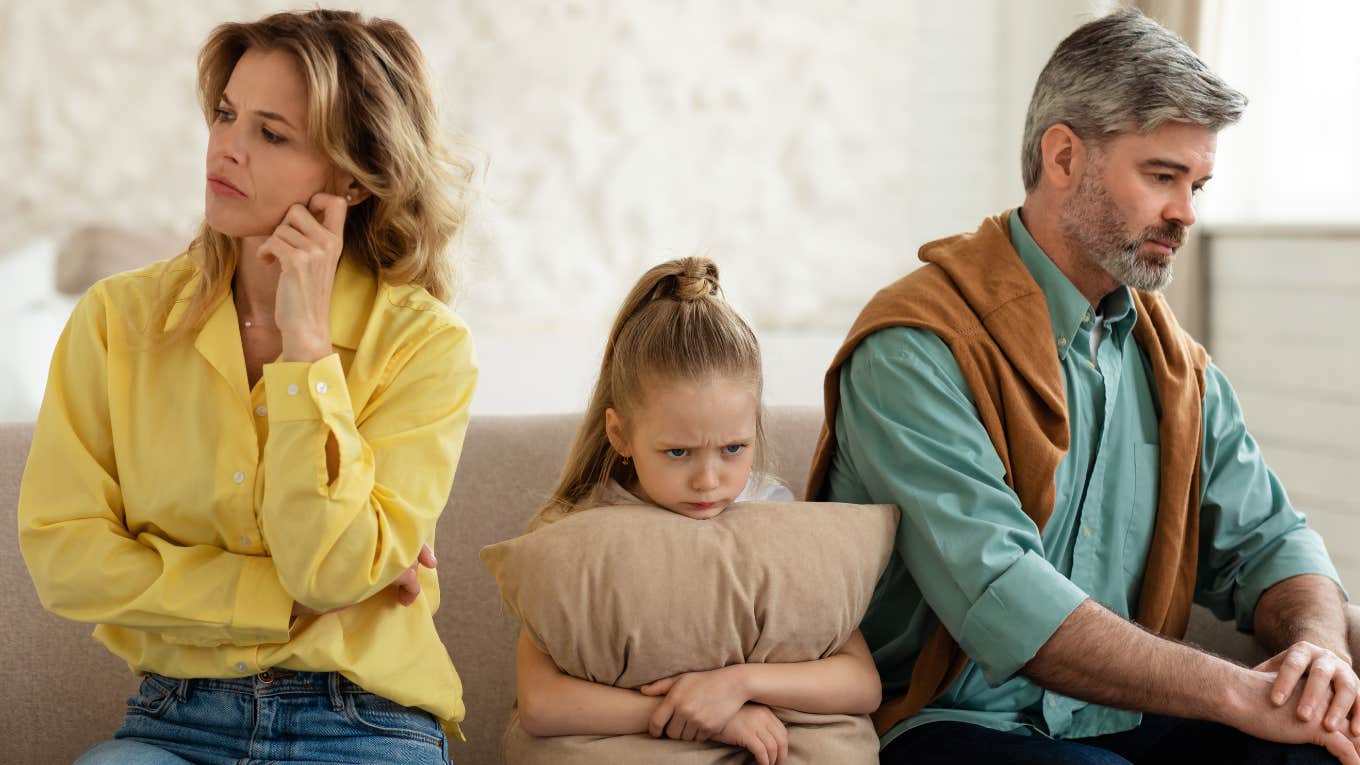 Prostock-Studio | Canva
Prostock-Studio | Canva Certain phenomena are universal in the human condition. One of the more tragic things we’ve all seen is the tale of the kid who was clearly not wanted by their family. It’s a tale as old as time.
When you’re a Family Outcast, you are never accepted as a true member of the family. This type of shunning happened without any real reason. I mean, they weren’t drug addicts at 8 years old, for crying out loud.
Even so, the effects it has on kids are lasting. My time surrounded by people "on the fringe" of society often led me to people who were outcasted by their families. These are the signs I’ve noticed are the dead giveaways — unequal treatment from their families aside.
If these 10 signs sound familiar, you're likely the family outcast:
1. You’re desperate for love and acceptance, especially from your family
 Nathan Cowley / Pexels
Nathan Cowley / Pexels
This is one of those truly heartbreaking things about the Family Outcast. It never seems to matter how old they are.
They always just yearn for their families to really treat them as one of their own. It’s true whether they’re the Scapegoat, the Black Sheep, or the Hated-At-Birth, as research from 2023 states.
You’d be shocked at how far some of these people will go for their family’s validation — accepting abuse, going into careers they don’t want or even making a point of outdoing the favored sibling’s work. I’ve seen some just break down in front of their parents and ask what they could do to make them love them.
Though this is often aimed at families, it also tends to reflect in dating and friendships. A good rule of thumb is that you can usually tell the people who feel rejected by family based on how much they want others to accept them into their own.
Along with the need for approval tends to come shame, sadness, anxiety, and a feeling of constantly not being worthy enough. It’s not unusual for a lot of people who were Family Outcasts to go through cycles of abusive relationships until they finally break free.
2. You’ve been told to go no-contact with your family and may have even chosen to do so
 cottonbro studio / Pexels
cottonbro studio / Pexels
A lot of people who fit into the role of the Family Outcast or Black Sheep have friends who eventually tell them the truth: their families are toxic cesspits of humanity and they’re better off without that negativity. This advice often happens when they explain what life with their family is like, and may even take them by surprise. However, by the time they are 20 to 40 years old, the thought of going no contact usually becomes more of a reality.
How many people are estranged from their families? According to statistics from 2024, 27% of Americans are estranged from a family member.
Sometimes, the Outcast already knows that they need to leave. A couple of my friends were so detested by their families, they ran away when they were 15 through 17. Their parents never bothered to even ask where they were or call the police.
To date, only one of them actually regained contact with their family. The others made a point of rejecting any calls they got, especially when they became more successful than the family members themselves.
3. You’re not like them, either in looks or in behavior
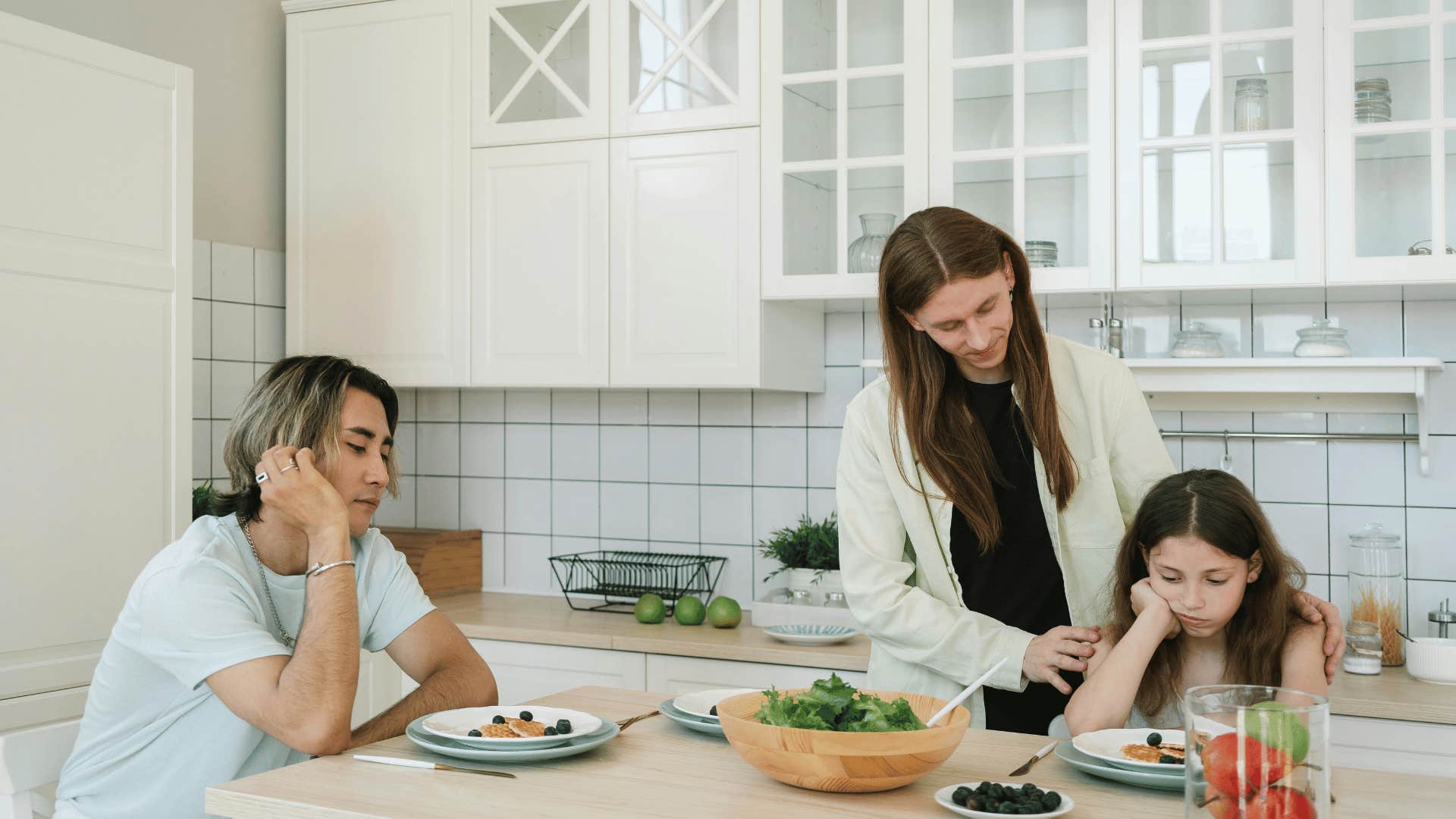 Mikhail Nilov / Pexels
Mikhail Nilov / Pexels
I don’t want to be that person, but I’ll point out that there is a little bit of truth to the trope of the family member who doesn’t look or act like the rest of the family. The goth kid in a conservative family is usually the "Black Sheep" type of outcast. The atheist among fundies is definitely the Outcast. If you’re the artist among a family of doctors, you probably were the Outcast growing up too.
At times, the kid who had a different dad can also end up in this situation — though this is not their fault. There’s no other way to say it. The Black Sheep just…sticks out. Sometimes you can’t even figure out what makes them stick out. They just do.
4. You don’t want others to meet the rest of your family
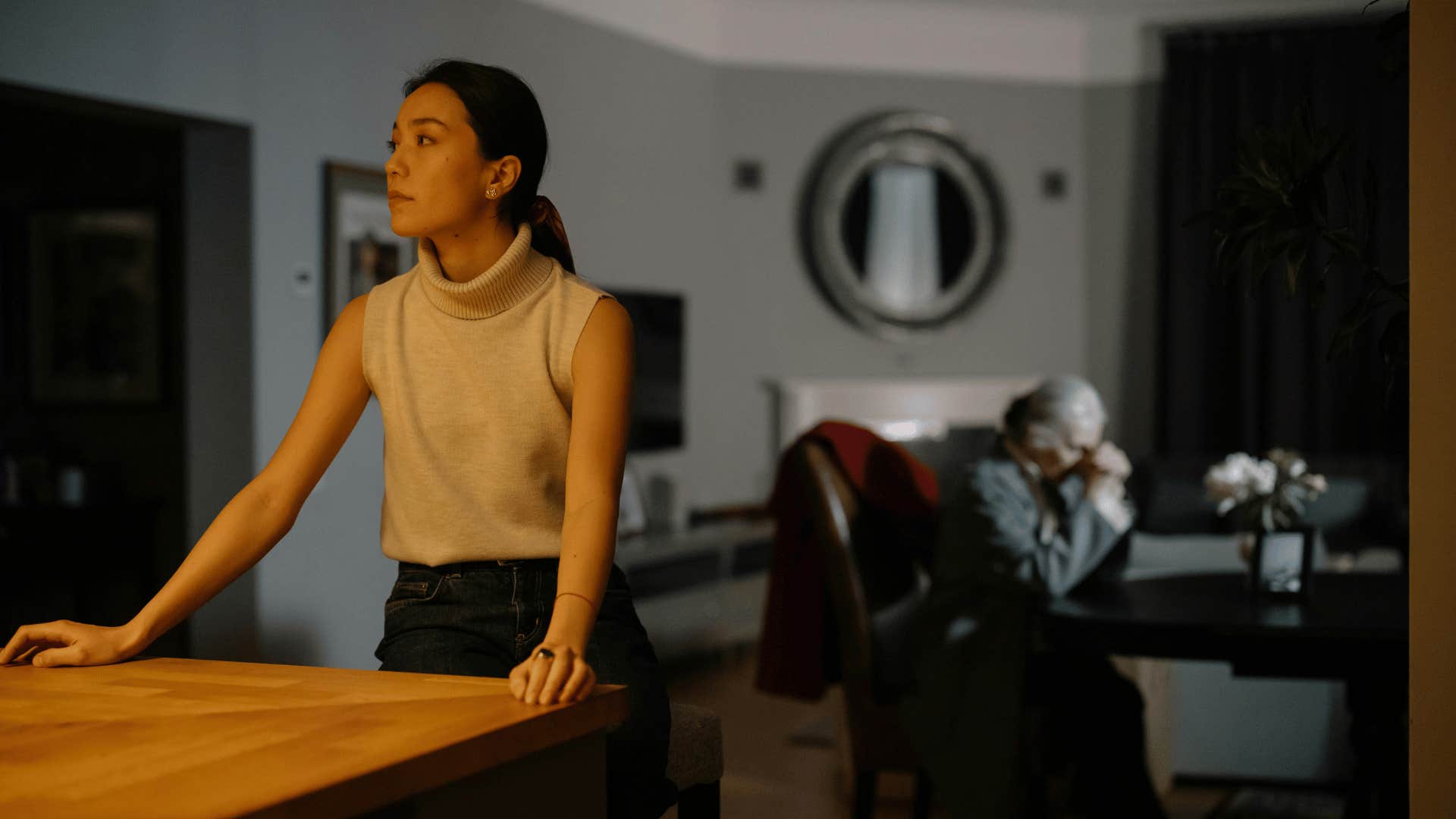 cottonbro studio / Pexels
cottonbro studio / Pexels
Being a Family Outcast means that you often don’t want others to know how low on the totem pole you are with your family. At times, it’s because you’re worried about the shame. Other times, it’s because your family may have a tendency to sabotage relationships with other people.
A lot of Family Outcasts find themselves humiliated or even lied about by family members. This can quickly destroy relationships they’ve had with others.
After one too many relationships tanking post-meetup, Outcasts tend to learn to avoid introducing others to their family members. This is one of the most common reasons you don’t see family members at a wedding.
5. The only time your family members hit you up is when they need money or a kidney
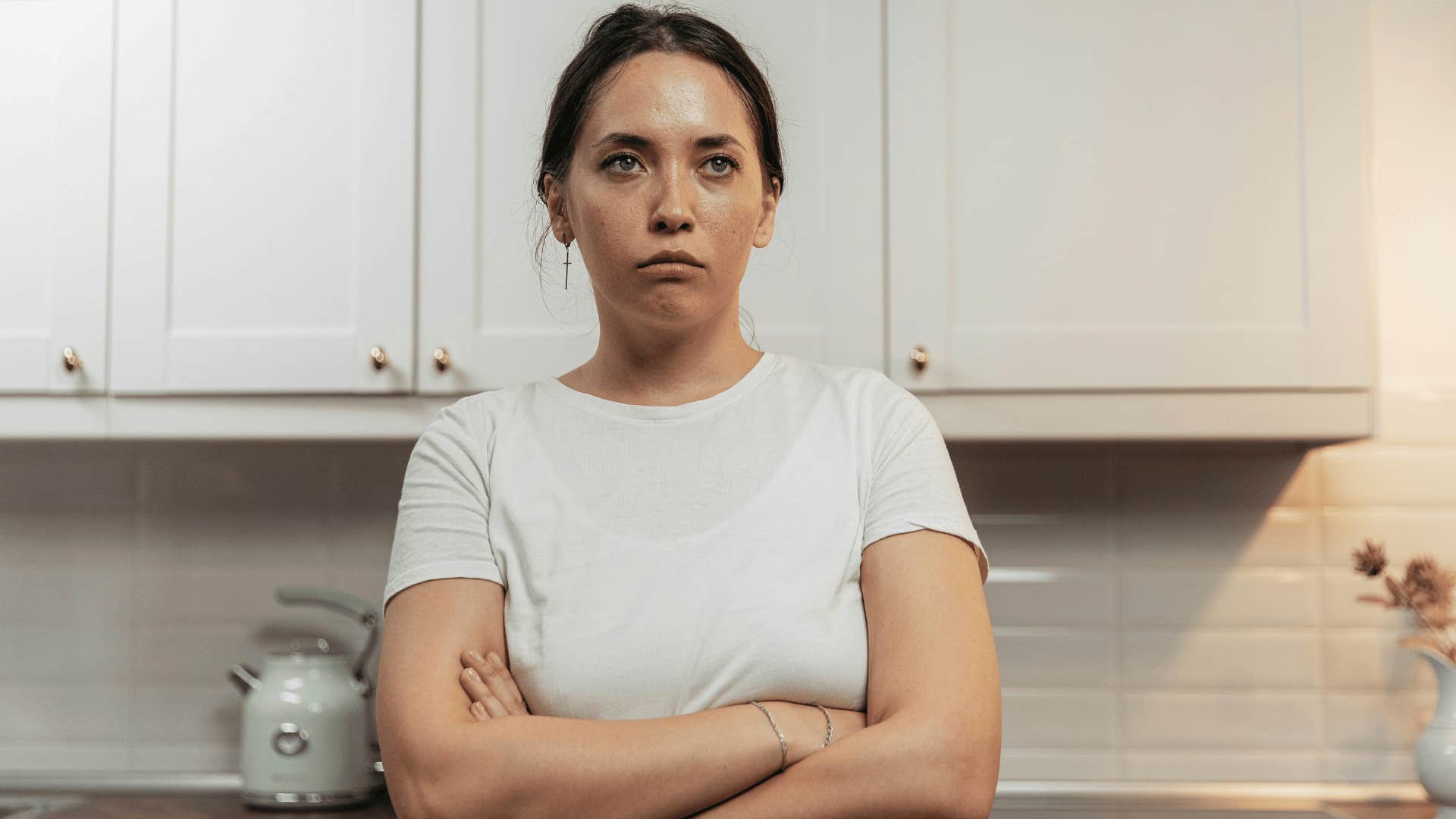 SHVETS production / Pexels
SHVETS production / Pexels
I remember a while back there was a viral Reddit post about a guy who was the Scapegoat of the family. He was treated poorly by his family, but when he came into money, his family tried to get him to sign his home over to his sister who was about to have a baby.
While there was a lot of speculation on whether this particular post was real, the truth is that there are a lot of truths to it in other people’s lives. A lot of the Outcasts I know "magically" stopped being outcasted when their parents found out they were successful.
In my life, I’ve seen parents magically accept an Outcast son who created a million-dollar business. I’ve also seen parents and siblings suddenly become sweet when they needed a kidney (no, really) or when they suddenly have a famous Outcast.
Usually, it ends with apologetic-looking parents who are all of a sudden very remorseful now that they are either destitute, dying, or in need of cash. The Outcasted family member often won’t agree to help them out because, in reality, that family doesn’t deserve it.
In the cases where they are willing to help them out, it’s usually a way for the Outcasted person to show that they are the bigger person. I personally wouldn’t bother, but it’s their choice to do so.
6. You became way more successful than your siblings
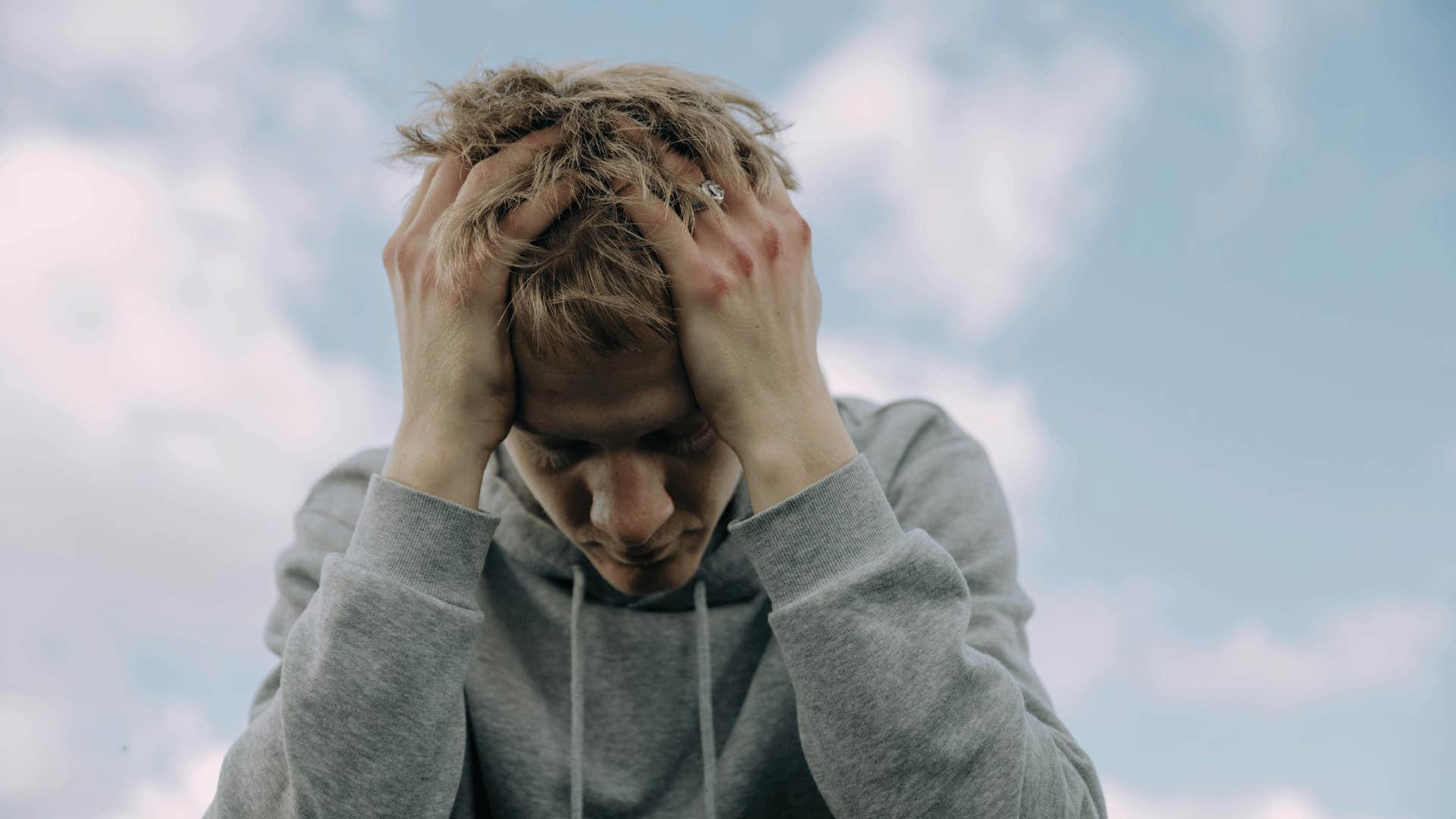 cottonbro studio / Pexels
cottonbro studio / Pexels
So, there’s a caveat here. A lot of my friends who were Family Outcasts kind of just crumpled as a result of the rejection of their families. Many of them are in halfway houses or are facing addiction issues as a result of the trauma. It’s not like all Outcasts are successful. Some aren’t.
However, I’d be lying if I didn’t say that there are an unusually high number of Outcasts who did remarkably well for themselves considering their beginnings. Many of the most successful people I know were rejected by their families.
A large part of this, I think, is because they had to learn how to survive without all the coddling their siblings got. They had to become independent way earlier and knew that if they messed up, they weren’t getting bailed out.
Another part of this is definitely the feeling of wanting to succeed as a way of getting their parents’ attention. More than one Black Sheep or Scapegoat has used money or achievements as a way to try to gain favor with their parents — or at least, show them what they missed out on. Either way, it’s a legit phenomenon.
7. You’ve asked your parents why they don’t treat you like the rest of the family or why they can’t love you
 Antoni Shkraba / Pexels
Antoni Shkraba / Pexels
There is a certain point in one’s life where you just want to confront someone who did you wrong. With Outcasts, that’s often the moment they ask their parents why they weren’t worth loving or being cared for.
Not for nothing, but you can’t go through life wondering why without eventually cornering them and asking them. (Or at least, that’s what I’ve noticed seems to happen eventually with most of them.)
Another way this happens is when people just accept that their parents don’t like them or don’t love them. It’s what happens when they decide (or realize) that they will never get a truly adequate answer to why they were treated poorly.
8. You’ve been left out of family events before
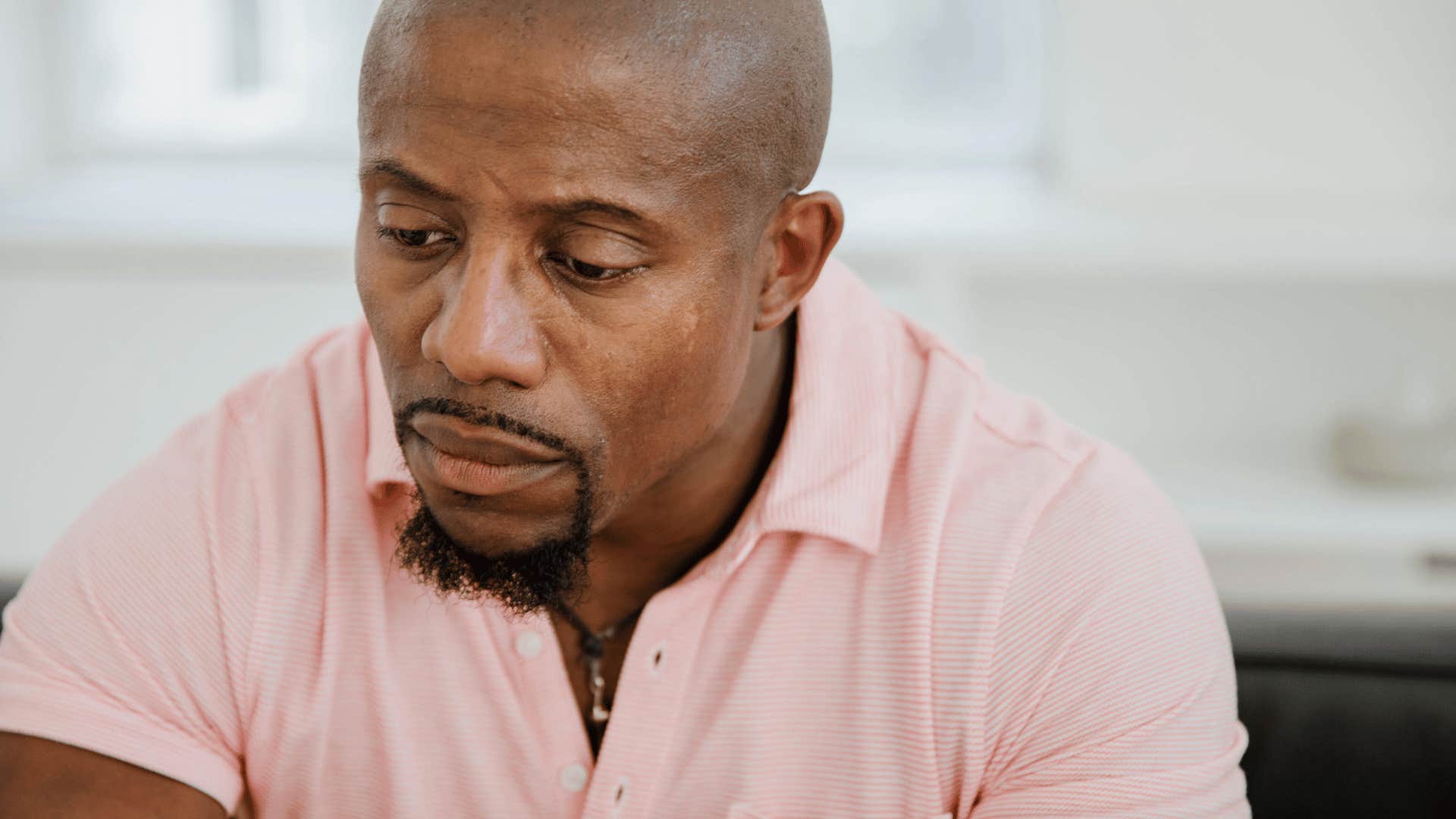 RDNE Stock project / Pexels
RDNE Stock project / Pexels
True story — a friend of mine was not allowed to go to her dad’s memorial tree planting ceremony. Why? Because her family just didn’t feel like inviting her. They only told her about it after the fact.
Another friend of mine had her family refuse to attend her wedding. It just wasn’t something they wanted to attend. What’s really criminal is that her family did attend her friend’s wedding later on. Her relationship with her remaining family never quite recovered.
9. When others talk about fun times with their families, you can’t really relate
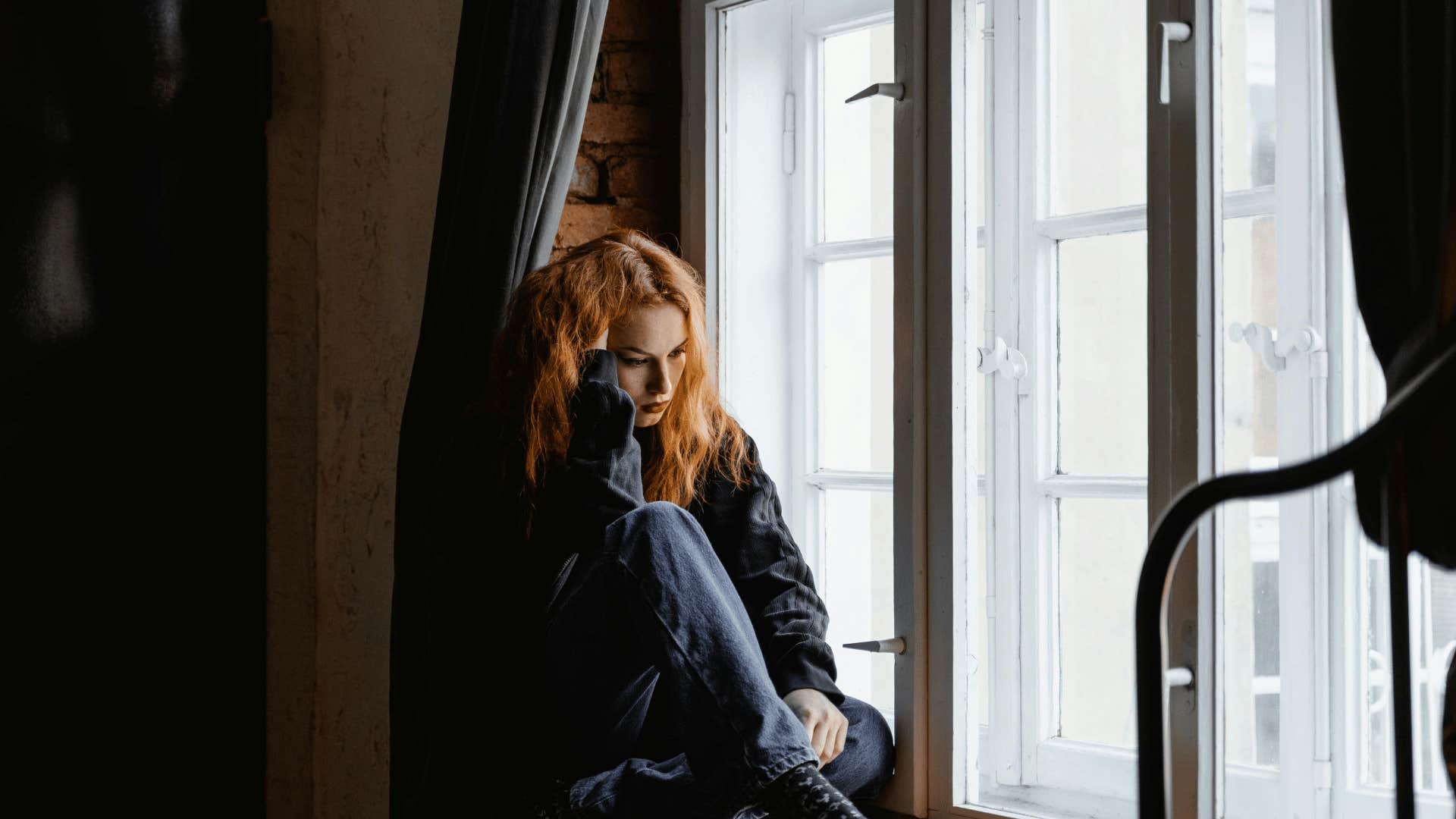 MART PRODUCTION / Pexels
MART PRODUCTION / Pexels
Most people have had a moment where people are talking about things they haven’t experienced. In the case of a Family Outcast, it often means that happy memories with parents are a no-go topic.
Many Outcasts will sit there in silence or just smile while others talk about them. Some might ask a lot of questions just so that they can get a little vicarious living going on.
In other cases, they may try to save face by coming up with funny stories of their own about their loving parents. This usually blows up in their face at one point or another — usually when the truth about their family comes out.
10. People have tried to explain your parents’ actions for you or comfort you about their treatment of you
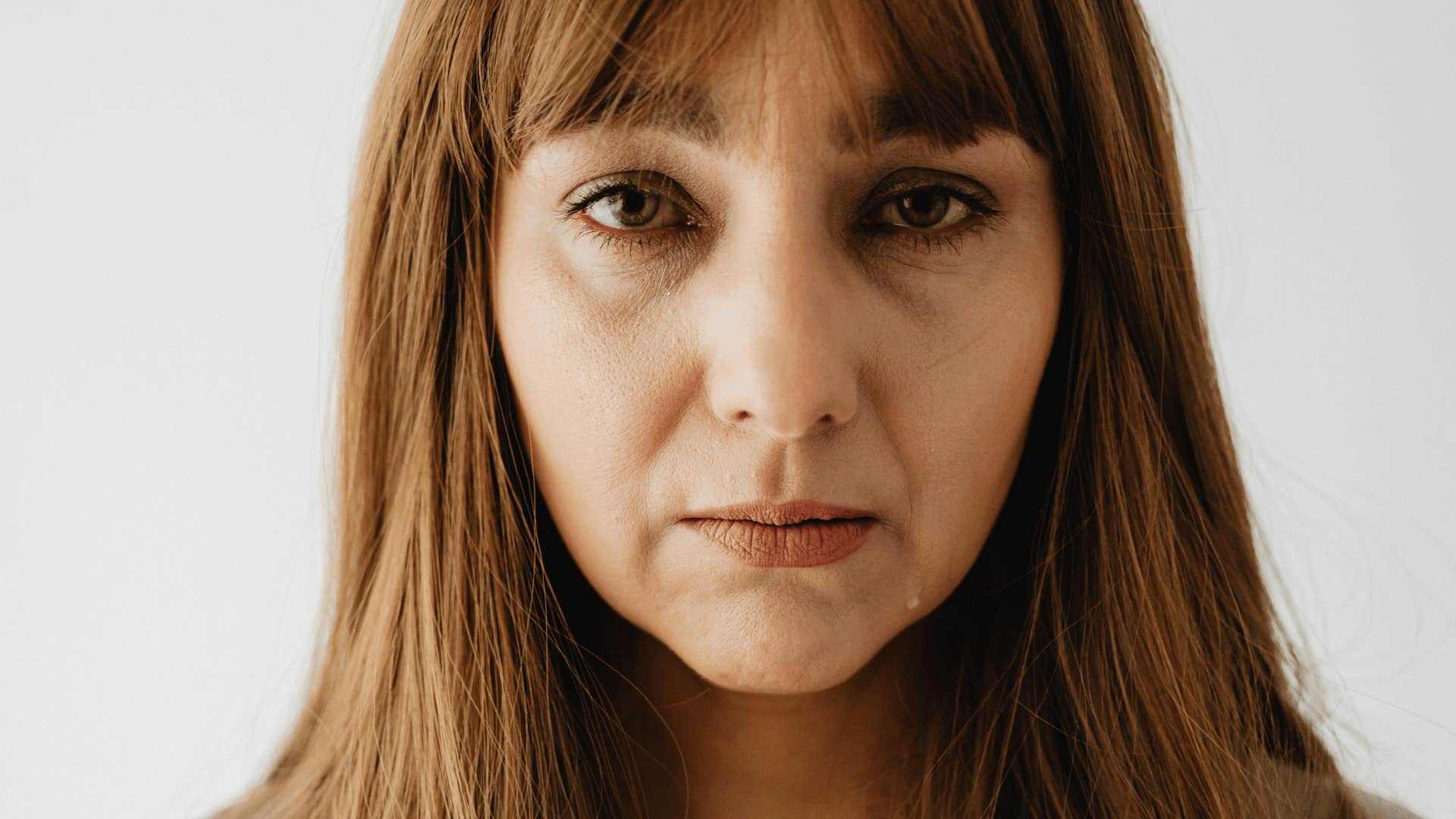 Karolina Kaboompics / Pexels
Karolina Kaboompics / Pexels
I have a friend named Lin*. Lin’s parents worked at the same place where she went to school, and I used to hang out with her. When most kids see their parents and talk to them, there’s a certain warmth you hear in their voices.
Not with Lin and her parents. It was business-like, even when her parents were not on the clock.
Lin herself had a lot of issues. She was deeply insecure, struggled with an eating disorder, and was just generally depressed.
One day, I saw Lin in front of me at the checkout counter in the lunch room. The lunch lady, a stocky old woman with large glasses, looked at Lin’s facial expression.
Unprovoked, she told Lin, "Lin, your parents…I’m sure they love you, you know that?" Lin looked at her and shrugged, "Sure. How much do I owe you?"
That kind of interaction is pretty common when you don’t have a family that really likes you. It’s almost as if people can sniff you out for not having "mommy energy" or "daddy energy." It’s hard to explain, but it’s definitely there.
The good news is that you can always overcome it. Who you are born to doesn’t have to be the family you have around you as you get older.
Ossiana Tepfenhart is a writer whose work has been featured in Yahoo, BRIDES, Your Daily Dish, Newtheory Magazine, and others.

